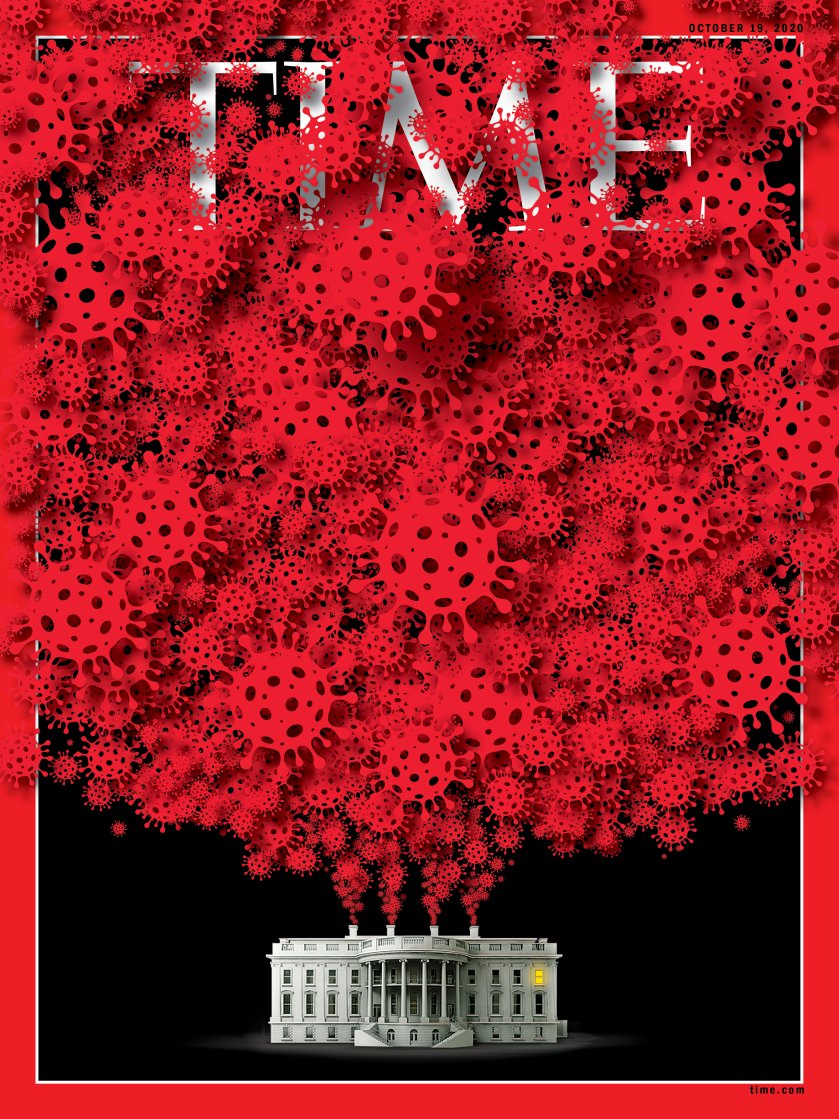Go to cnn.com/cnn10 for the latest video
Monday, October 19, 2020
Fighting is breaking out in Asia between Armenia and Azerbaijan. Both countries claimed freedom from the USSR in 1991, and they have long disputed a territory called Nagorno Karabakh. The area is within the borders of Azerbaijan, but it declared independence in 1991 and has ruled itself with the help of Armenia. In 1994, a fragile ceasefire was declared, but on September 27th, one of the countries fired a shot, reigniting fighting in Nagorno Karabakh. A week ago, the two countries agreed on another short-lived truce, and the government in Nagorno Karabakh says that more than 700 members of its military were killed in the fighting. Internationally, Armenia is backed by Russia, and Azerbaijan is backed by Turkey. The UN, EU, NATO, and the US are all afraid that a large scale conflict could force these two larger countries into a war, and are urging the two nations to end the fighting. Music can help heal the brain, and a CNN Hero is helping senior citizens with dementia to help them get through these challenging times. Listening to music can help people with memory loss connect the song to something they have heard in the past, and it momentarily brings them back to who they are and where they are. A bacon company has created a bacon-scented mask. It uses something similar to scratch and sniff stickers on the fibers, and it can be won through a raffle.




